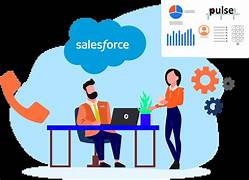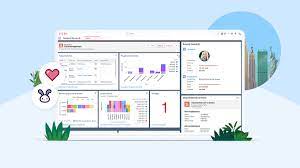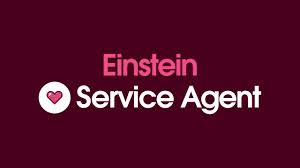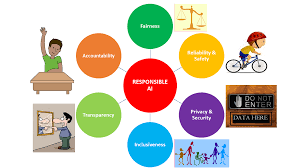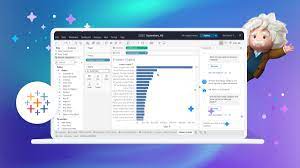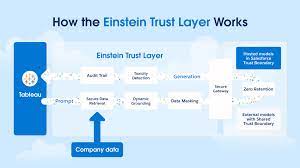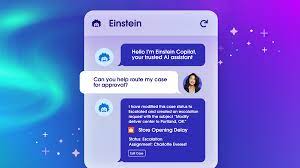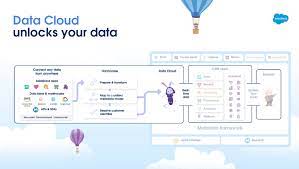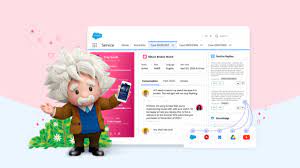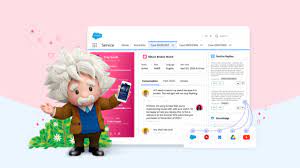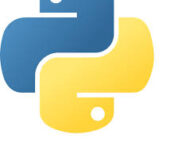Pulse for Salesforce
Salesforce Unveils Pulse for Salesforce: Integrating Tableau Analytics with CRM to Revolutionize Data-Driven Decision-Making In today’s data heavy business world, where data-driven decision-making is essential for success, the fusion of advanced analytics with customer relationship management (CRM) systems is more crucial than ever. Addressing this need, Salesforce has introduced Pulse for Salesforce, a groundbreaking tool that integrates Tableau’s powerful analytics directly into the Salesforce CRM environment. Meeting the Demand for Actionable Insights This launch aligns with a broader trend in the business intelligence (BI) market, where companies strive to make data analytics more accessible and actionable for non-technical users. Recent studies indicate that while 80% of business leaders view data as critical to decision-making, nearly one-third feel overwhelmed by the sheer volume of information available. Moreover, 91% of these leaders believe their organizations would significantly benefit from generative AI (Gen AI) technologies. Pulse for Salesforce marks a significant milestone in Salesforce’s ongoing strategy following its $15.7 billion acquisition of Tableau in 2019. Tableau, a leader in data visualization and BI since its founding in 2003, has been central to Salesforce’s mission of enhancing customer data management and analysis. The integration of Tableau’s capabilities within Salesforce’s CRM platform represents a major step forward in providing a comprehensive, data-driven solution. Ryan Aytay, President and CEO of Tableau, on the New Integration “Historically, sales leaders and teams have lacked personalized, accessible data insights in their daily flow of work, and analysts often spend considerable time on ad hoc requests and repetitive queries, slowing down decision-making and business growth,” says Ryan Aytay, CEO of Tableau. “By integrating Tableau Pulse’s AI-driven insights into Salesforce, we’re addressing these needs and enhancing data-driven decision-making to help businesses accelerate growth.” Boosting CRM Productivity with Salesforce’s AI Platform Pulse for Salesforce is built on Salesforce’s Einstein 1 AI Platform and leverages Gen AI to provide contextual metrics and insights directly within the Salesforce interface. This seamless integration streamlines decision-making for sales teams by reducing the need for manual data searches or reliance on analysts for ad-hoc queries. Key Features of Pulse for Salesforce Practical Applications and Data Security A practical application of Pulse for Salesforce is performance monitoring. Sales leaders can track team win rate trends directly from their homepage, quickly identifying areas or individuals needing additional support. Similarly, individual sales representatives can monitor their conversion rates and use natural language queries to analyze data by industry, potentially leading to more targeted sales efforts. The integration also addresses data security concerns, a critical issue in the age of AI-powered analytics. Pulse for Salesforce employs the Einstein Trust Layer, a secure AI architecture built into the Einstein 1 Platform, ensuring that customer data remains protected while benefiting from the advanced capabilities of generative AI. Collaboration Salesforce partnered with key industry players and partners to bring this innovative solution to market. With Pulse for Salesforce, organizations can now fully harness the power of integrated analytics and CRM to drive informed decision-making, enhance productivity, and ultimately accelerate business growth. Like Related Posts Salesforce OEM AppExchange Expanding its reach beyond CRM, Salesforce.com has launched a new service called AppExchange OEM Edition, aimed at non-CRM service providers. Read more The Salesforce Story In Marc Benioff’s own words How did salesforce.com grow from a start up in a rented apartment into the world’s Read more Salesforce Jigsaw Salesforce.com, a prominent figure in cloud computing, has finalized a deal to acquire Jigsaw, a wiki-style business contact database, for Read more Health Cloud Brings Healthcare Transformation Following swiftly after last week’s successful launch of Financial Services Cloud, Salesforce has announced the second installment in its series Read more

